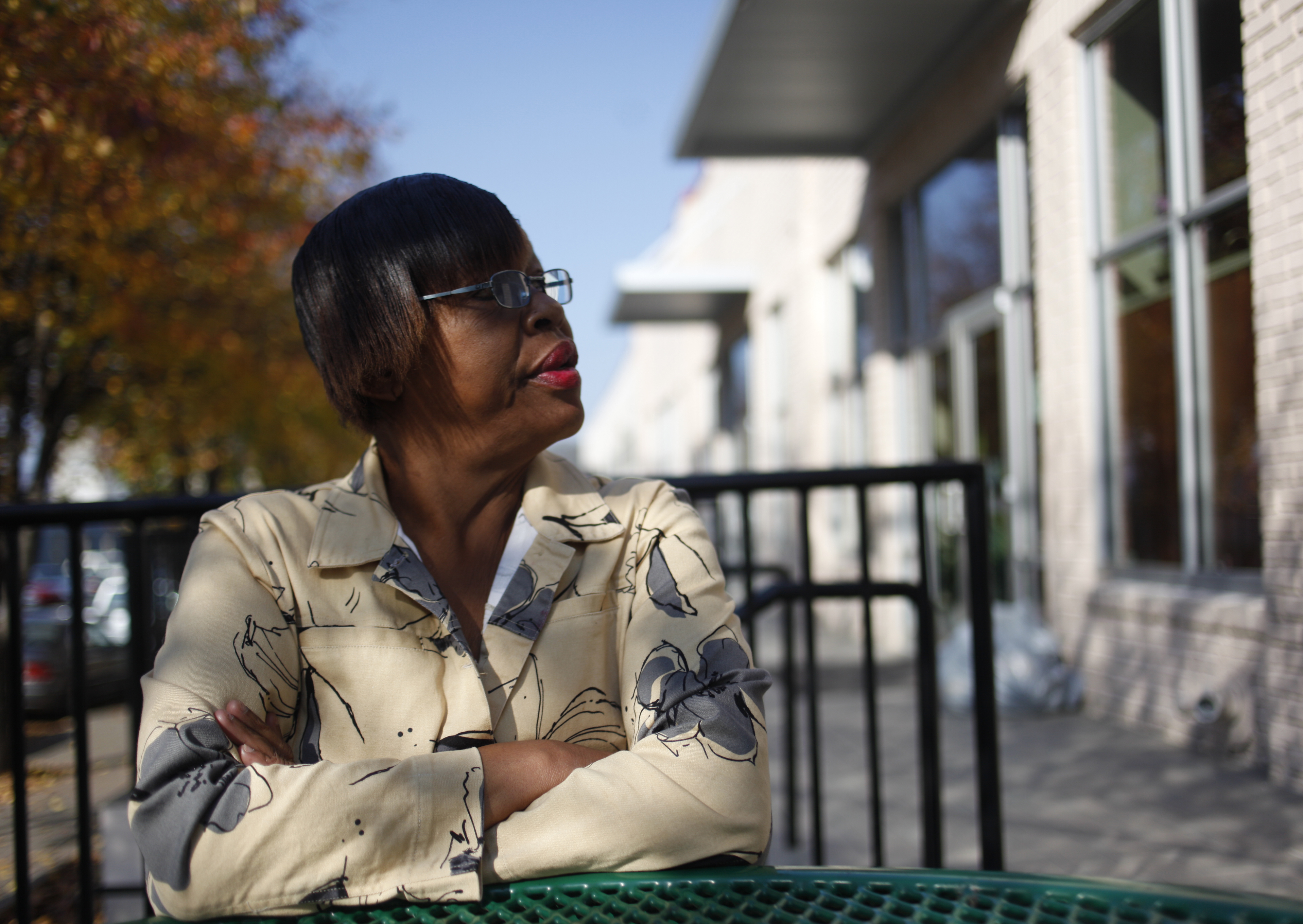Chattanooga Community Kitchen to provide 24-hour shelter
Friday, January 1, 1904
HOW TO HELPOfficials with the Chattanooga Community Kitchen say they are working hard to make sure all materials are in place for the shelter to start Saturday. Assistant director Jens Christensen said he hopes to find a company willing to voluntarily provide linen and blankets and wash them at regular intervals. To help, contact Christensen at 305-6822.HOW IT WORKSChattanooga Community Kitchen will have regular programming until 5 p.m. daily. Then the shelter will close for one hour to remove tables and chairs and lay mats for those staying overnight.Case workers will be on site at least three nights a week to offer educational training and assistance for an hour.Lights out will be at 9 p.m.The Community Kitchen is at 727 E. 11th St.
The homeless could have received the cold shoulder. Instead, when they need a place to stay during the most frigid time of year, they'll find a warm reception.
Officials at the Chattanooga Community Kitchen tried operating as a 24-hour shelter for the first time during the winter last year, but said they didn't have the money or other means to do it again.
Throughout the summer, kitchen officials held meetings and called for partnerships with other agencies in hopes of resurrecting the overnight shelter this winter.
To the rescue came the city, the Chattanooga Regional Homeless Coalition and Family Promise, which are collaborating with the Community Kitchen to keep it open as a 24-hour shelter from Saturday through Feb. 28.
"This is designed to save lives," said attorney Bo Hixson, board chairman of the Homeless Coalition.
The Homeless Coalition wrote the grant for the shelter, Family Promise will help provide staff and Chattanooga approved $75,000 to pay for staffing and other operating costs.
Without the shelter, people who have no place to go face dying on the street, said Jens Christensen, the kitchen's assistant director.
Twenty-three homeless people died in Chattanooga in the past year, several because of weather-related complications, said Community Kitchen Executive Director Charlie Hughes.
Angela Brown has been homeless off and on in Chattanooga for years, sometimes sleeping in cars or outside buildings. Brown says having the shelter will prevent the aches and pains she feels after sleeping outdoors or on days when she misses the bus and has to walk from the Chattanooga Rescue Mission to the Community Kitchen for her drug prevention class.
"I'm 54 years old. It's getting harder to get back and forth," she said.
She said she would prefer sleeping at the kitchen because it's closer to her class and other services she uses.
The Chattanooga Rescue Mission, the only emergency shelter in the city, has just 60 beds, 46 for men and 14 for women.
The community kitchen provided shelter for an average of 118 people a night from November 2011 to March 2012.
The city hopes this year's Community Kitchen shelter will be the beginning of a permanent way to address homelessness, with the caveat that people staying there will get the help they need to transition into more stable housing, said Richard Beeland, spokesman for Mayor Ron Littlefield.
This shelter will be different than last winter's first "trial run" shelter. Men and women will be separated into different areas when they enter the building, said Christensen. There will be more security, and the shelter will also provide educational training.
Unlike last winter, case workers will be available for an hour during the night to talk with homeless people who may work during the day and not have access to counselors during regular hours.
